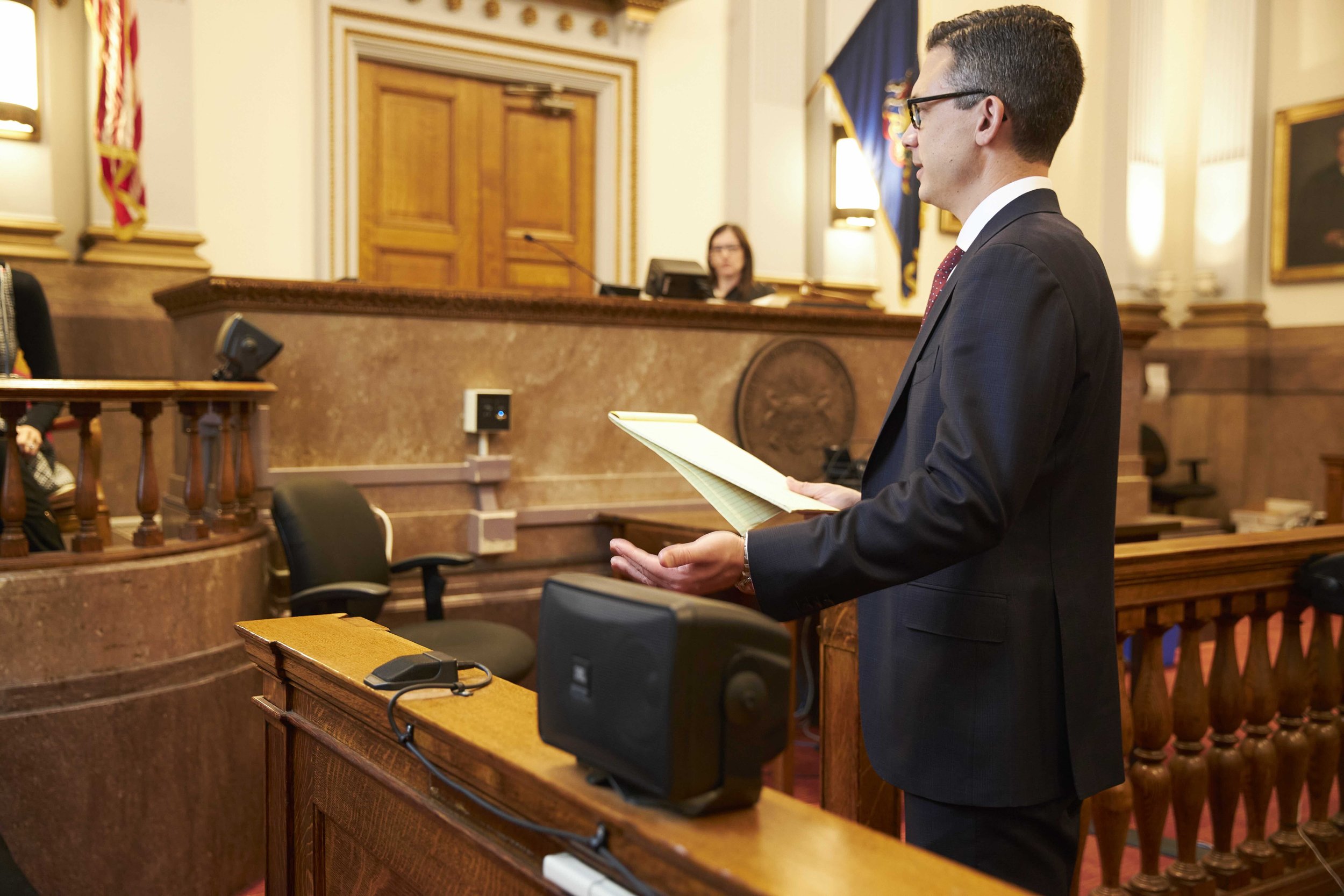Experienced Federal Crime Attorney: Expert Protection in Federal Crime Cases
Experienced Federal Crime Attorney: Expert Protection in Federal Crime Cases
Blog Article
Demystifying the Refine of Federal Appeals: What You Required to Know
Browsing the intricate world of government appeals can usually feel like going across uncharted waters for those unfamiliar with the procedure. Recognizing the subtleties of appellate court jurisdiction, the complexities of submitting a notification of allure, providing a compelling brief, and making a persuasive dental argument are vital parts that can considerably impact the outcome of a situation. By unraveling the layers of complexity bordering federal appeals, individuals can acquire a more clear understanding into the mechanisms that regulate this critical point of the legal system.
Recognizing Federal Appeals Process
Exploring the complex realm of the federal charms procedure unveils a organized and methodical journey with the judicial system. Federal appeals function as an important device for examining choices made by reduced courts. Comprehending this procedure is necessary for any person associated with legal process at the government degree.
The process typically begins with a celebration disappointed with a reduced court's ruling submitting a notice of allure. This causes a testimonial by a greater court, where a panel of judges evaluates the lawful disagreements offered by both celebrations. Briefs detailing the lawful thinking behind each event's placement are sent, and dental debates might be heard to make clear complicated concerns.
The appellate court's choice is based on a detailed exam of the lower court's proceedings and the disagreements provided. The judges do not reconsider realities yet focus on whether lawful errors occurred that impacted the reduced court's decision. Once the appellate court gets to a decision, it can attest, reverse, remand, or change the reduced court's judgment, giving clarity and finality to the lawful conflict. Comprehending this process is important for navigating the intricacies of government appeals efficiently.
Appellate Court Territory Explained
Appellate court jurisdiction refers to the extent of cases that a specific appellate court has the power to determine and assess upon. Unlike trial courts that listen to situations for the first time, appellate courts are limited to reviewing decisions made by lower courts.
Appellate courts have jurisdiction over details kinds of instances, usually those involving legal mistakes, procedural problems, or questions of law as opposed to factual disputes. The territory of appellate courts is typically outlined in laws and legislations that govern the court system. Understanding appellate court jurisdiction is crucial for parties involved in the appeals process as it determines whether a case is qualified for testimonial and the level to which the appellate court can interfere in the lower court's decision.
Filing a Notification of Charm
The preliminary action in commencing the government appeals procedure entails submitting a Notice of Allure with the suitable appellate court. This critical document formally informs the court and the various other celebrations involved in the case that the appealing event plans to look for a testimonial of the lower court's choice. Filing a Notification of Appeal is a strict procedural demand that establishes the appellate procedure moving.
When preparing the Notification of Allure, it is important to make sure conformity with the particular guidelines and guidelines of the pertinent appellate court. federal appeal lawyers. The paper needs to commonly consist of information such as the instance name, the lower court's name, the day of the judgment being appealed, and a concise declaration showing the premises for the allure

Rundown and Dental Argument
In the appellate procedure, presenting written briefs and participating in oral disagreements play critical functions in supporting for the appealing event's setting before the appellate court. Briefs are detailed lawful files that lay out the parties' arguments, legal authorities, and evaluation sustaining their settings. These written submissions offer the court with a comprehensive understanding of the realities of the case, the pertinent regulation, and why the appealing celebration believes the lower court's decision ought to be rescinded.
Complying with the entry and evaluation of the briefs, oral debates supply the parties a chance to additional clarify their placements, attend to any kind of concerns the appellate courts might have, and highlight bottom lines from their composed briefs. Oral debates are a chance for the lawyers to convince the courts via spoken advocacy and responses to inquiries from the bench.
Both the written briefs and dental disagreements are important elements of the appellate procedure, permitting parties to present their case extensively and compellingly before the appellate court. - federal appeal lawyers
Receiving the Appellate Court Decision
The appellate court's choice is generally delivered in a composed format and outlines the court's verdicts on the lawful problems provided, the thinking behind their decision, and the judgment made. The time structure for receiving the appellate court's choice can differ, but courts make every effort to provide timely resolutions. Whether the appellate court attests, reverses, or remands the lower court's decision, understanding the ramifications of the ruling is vital for all celebrations included in the appellate procedure.
Conclusion
Recognizing the appellate court jurisdiction, submitting a notice of charm, preparing briefs, and providing dental debates are all important elements of this procedure. Ultimately, receiving the appellate court choice can offer quality and resolution to lawful disputes.
As we progress from recognizing the government charms process to studying the ins and outs of appellate court jurisdiction, an essential element comes to light relating to the authority and limitations of these greater courts in the lawful landscape. Appellate court jurisdiction refers to the range of instances that a specific appellate court has the power to review and make a decision upon. Unlike trial courts that hear instances for the initial time, appellate courts are limited to evaluating choices made by lower courts. Understanding appellate court territory is important for parties involved in the charms process as it establishes whether an instance is eligible for evaluation and the extent to which the appellate court can intervene in the lower court's choice.

Report this page